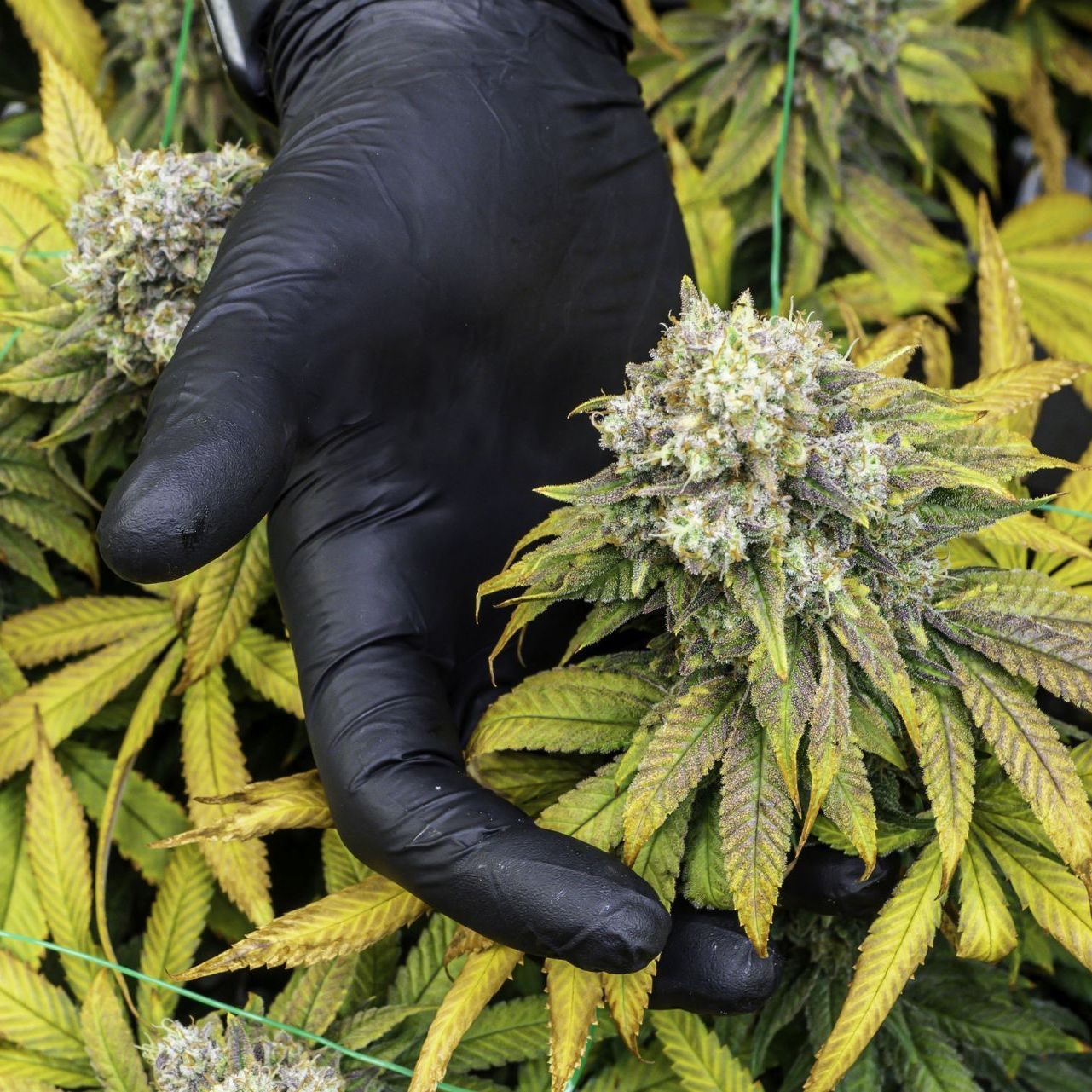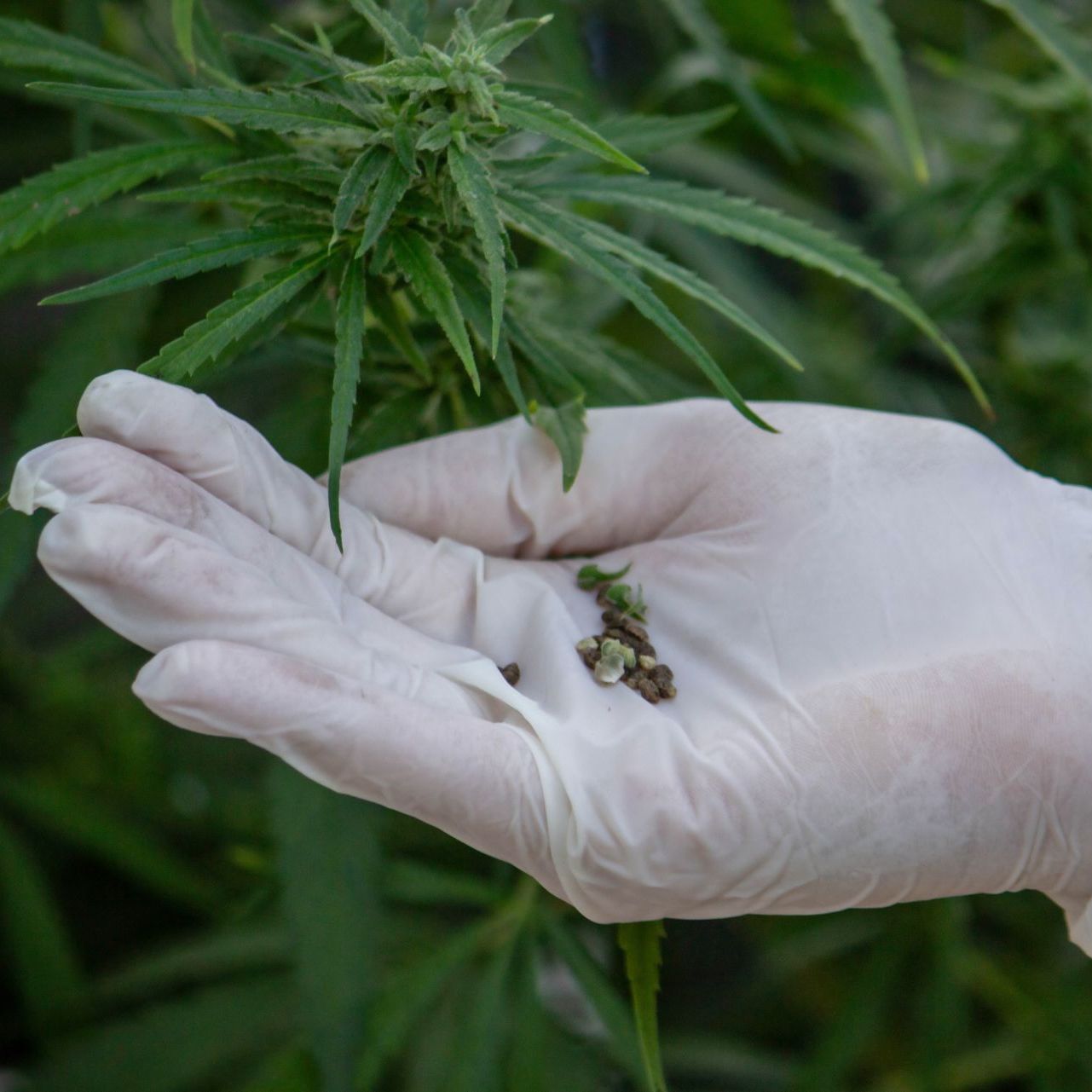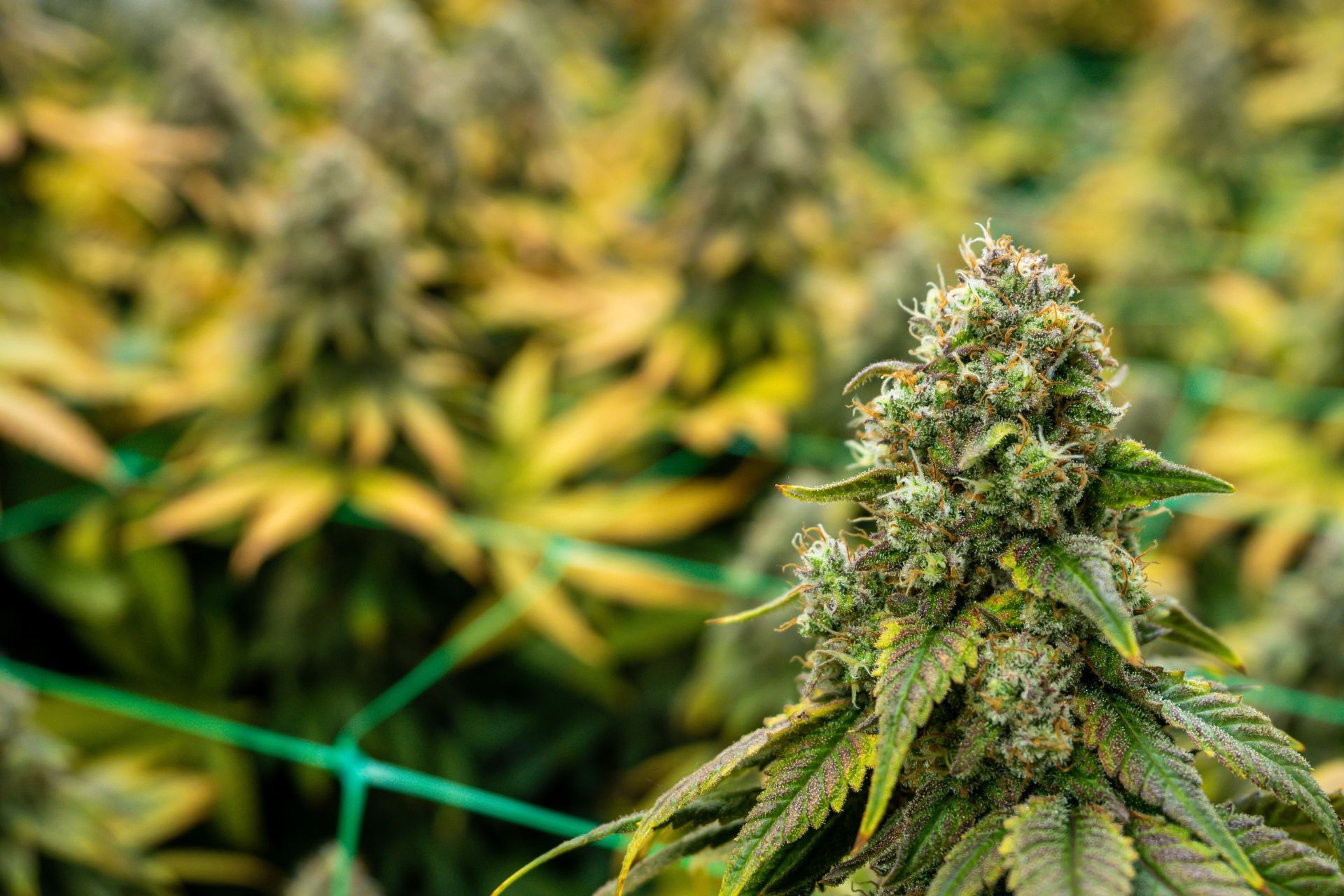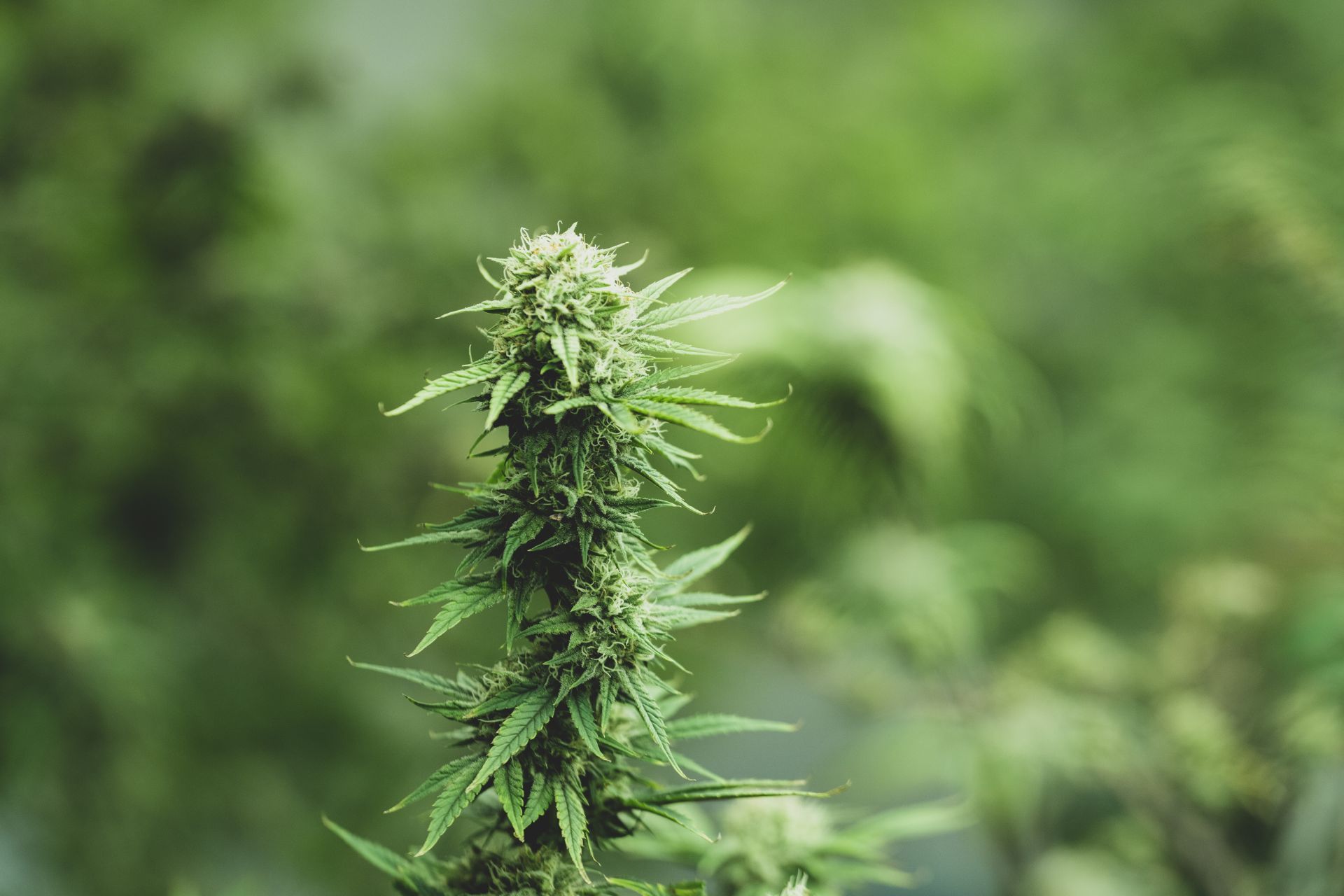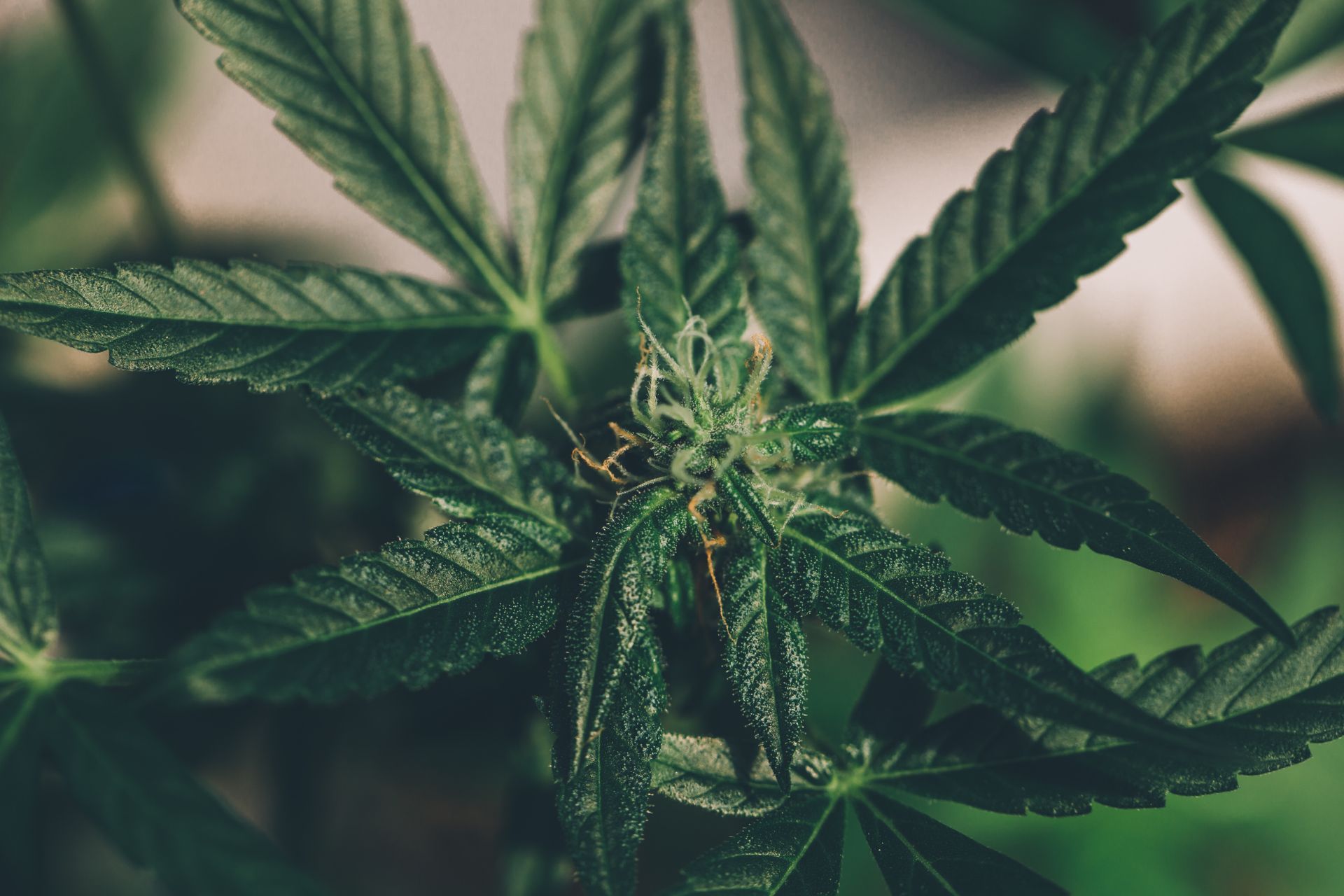Running a medical cannabis dispensary in Hawaii comes with unique challenges and risks that demand specialized insurance coverage. With nearly 30,000 registered patients and over 2,500 caregivers relying on access to safe, tested cannabis products, dispensaries play a crucial role in the state’s healthcare ecosystem. Understanding the insurance landscape is essential for protecting your business, managing liabilities, and navigating Hawaii’s evolving cannabis market.
As Hawaii’s medical cannabis industry continues to mature, dispensary owners must balance operational risks with regulatory compliance and market fluctuations. This guide breaks down the key insurance coverages relevant to Hawaii dispensaries, explores cost factors, and highlights recent developments shaping the industry.
Why Dispensary Insurance Is Essential in Hawaii
Hawaii’s medical cannabis program serves a significant patient base, with nearly 30,000 registered patients depending on dispensaries for access to rigorously tested products. This patient volume underscores the importance of reliable insurance to cover potential product-related claims or operational interruptions. You can learn more about the program’s scale and patient reach at HawaiiStateCannabis.org. Furthermore, as the market continues to evolve, dispensaries are faced with the challenge of maintaining high standards of quality and safety, which can be resource-intensive and requires robust insurance policies to mitigate risks associated with product recalls or liability claims.
Key Risks for Hawaii Dispensaries
Dispensaries must prepare for several risk categories:
- Product Liability:Claims arising from adverse reactions or product defects.
- Property Damage:Risks from fire, theft, or natural disasters.
- Regulatory Compliance: Potential fines or penalties for non-compliance with state laws.
- Employee Injuries:Workplace accidents requiring workers’ compensation.
- Business Interruption:Loss of income due to operational shutdowns.
In addition to these risks, dispensaries must also consider the implications of
cyber threats, as they increasingly rely on technology for inventory management and customer transactions. Data breaches can not only result in financial losses but also damage a dispensary's reputation, making cybersecurity insurance an essential component of a comprehensive risk management strategy. As the cannabis industry continues to mature, understanding and addressing these multifaceted risks will be critical for dispensaries aiming to thrive in Hawaii's competitive market.

Article By: Deb Sculli
Cannabis Insurance Specialist
TruePath Insurance is fully licensed and authorized to provide comprehensive insurance solutions across multiple states.
We proudly serve individuals and businesses nationwide, offering access to trusted regional and national carriers. Our goal is to help clients find reliable, affordable coverage that aligns with their goals—whether for personal protection, business stability, or long-term financial security.
Types of Insurance Coverage for Hawaii Dispensaries
Dispensary insurance isn’t one-size-fits-all. Different policies cover distinct aspects of risk. Here’s a breakdown of the most relevant coverages for Hawaii cannabis businesses.
General Liability Insurance
This is the foundation of any dispensary’s insurance portfolio. It protects against third-party claims for bodily injury or property damage occurring on your premises. For example, if a customer slips and falls inside your dispensary, general liability covers medical costs and legal fees.
Given Hawaii’s tourism-driven economy, dispensaries could also face liability from visitors unfamiliar with local cannabis laws. General liability insurance helps mitigate these exposures. Additionally, with the growing popularity of cannabis tourism, dispensaries may need to consider the increased foot traffic and the potential for accidents or incidents that could arise from a more diverse clientele. This makes it crucial for dispensaries to maintain a safe environment and have comprehensive coverage in place.
Product Liability Insurance
Product liability is critical for dispensaries because it covers claims related to the cannabis products sold. This includes adverse health reactions or contamination issues. With Hawaii’s medical cannabis products undergoing rigorous testing, this coverage safeguards your business against costly lawsuits.
As the industry grows, so does the scrutiny on product safety. Dispensaries should ensure their policies explicitly cover cannabis-related product risks. Furthermore, as consumers become more educated about their choices, they may demand transparency regarding product ingredients and sourcing. This heightened awareness can lead to increased liability if a product does not meet consumer expectations or safety standards. Therefore, investing in robust product liability insurance is not just a protective measure but also a way to build trust with your customer base.
Property Insurance
Property insurance protects your physical assets—building, inventory, equipment—from damage due to fire, theft, or natural disasters like hurricanes. Hawaii’s unique climate and weather risks make this coverage especially important.
Inter-island wholesale distribution, launched in October 2023, has expanded operational complexity. Protecting inventory in transit or storage across islands requires careful evaluation of property and transit insurance limits. More details on this milestone are available at Yes Cannabis. Additionally, dispensaries should consider the implications of theft and vandalism, which can be more prevalent in high-traffic areas. Investing in security measures, such as surveillance systems and alarm systems, can complement property insurance and further safeguard your assets.
Workers’ Compensation Insurance
Hawaii law mandates workers’ compensation coverage for employees. This insurance covers medical expenses and lost wages if staff are injured on the job. Dispensary work can involve physical labor and handling of sensitive products, so protecting employees is both a legal requirement and a business priority.
Moreover, cultivating a safe work environment extends beyond compliance; it fosters employee morale and productivity. Dispensaries should invest in regular training programs that educate employees on safety protocols, proper handling techniques, and emergency response procedures. This proactive approach not only minimizes the risk of workplace accidents but also demonstrates a commitment to employee well-being, which can enhance retention and attract quality talent in a competitive market.
Business Interruption Insurance
Unexpected closures due to regulatory issues, natural disasters, or supply chain disruptions can devastate a dispensary’s revenue. Business interruption insurance helps replace lost income during these periods, giving your business a financial buffer to recover.
In Hawaii, where natural disasters like hurricanes and volcanic eruptions can occur, this type of insurance becomes even more critical. Dispensaries should also consider the potential impact of regulatory changes that could affect their operations. For instance, if new laws are enacted that require temporary closures for compliance checks, business interruption insurance can provide essential financial support. Additionally, having a well-documented business continuity plan can help dispensaries navigate these challenges more effectively, ensuring they can resume operations as quickly as possible after an interruption.

Factors Influencing Dispensary Insurance Costs in Hawaii
Insurance premiums for dispensaries vary widely based on several factors. Understanding these can help you manage costs without sacrificing essential coverage.
Location and Property Risk
Hawaii’s geography exposes businesses to risks like hurricanes, flooding, and volcanic activity. Dispensaries located in higher-risk areas may face higher property insurance premiums. Additionally, the cost of real estate and building construction standards in Hawaii can influence rates. For instance, dispensaries situated in coastal regions may need to invest in specialized construction materials and techniques to withstand potential storm damage, further impacting their insurance costs. Moreover, the proximity to emergency services can also play a role; dispensaries in areas with quicker access to fire and police services may benefit from lower premiums due to reduced risk of loss.
Business Size and Revenue
Dispensaries with larger sales volumes or more employees typically pay higher premiums. For context, Hawaii’s medical marijuana industry generated approximately $50 million in sales in 2018, with projections reaching over $80 million if tourist sales were legalized. Although tourist sales remain restricted, the industry’s growth affects insurance risk assessments. Larger dispensaries often require more comprehensive coverage, including liability insurance and product recall insurance, which can significantly increase costs. Additionally, the number of employees can influence the need for workers’ compensation insurance, which is another critical component of a dispensary's overall insurance portfolio.
Claims History and Risk Management
Insurance providers review your business’s claims history. A clean record with strong risk management practices, such as employee training and security systems, can lower premiums. Hawaii’s Department of Health supports education for healthcare providers on cannabis safety, reflecting a broader push for responsible practices that insurers favor. Implementing robust security measures, such as surveillance systems and secure cash handling protocols, not only protects the business but also demonstrates to insurers a commitment to minimizing risk. Furthermore, regular audits and risk assessments can help identify potential vulnerabilities, allowing dispensaries to proactively address issues before they lead to claims.
Regulatory Environment
Hawaii’s cannabis laws are evolving, and regulatory compliance is a major factor in insurance pricing. Dispensaries must stay current with state rules to avoid penalties that could trigger coverage issues or premium hikes. This includes adhering to strict guidelines regarding product labeling, testing, and distribution. As the regulatory landscape shifts, dispensaries may need to adjust their insurance policies to ensure they remain compliant, which can lead to changes in coverage needs and associated costs. Additionally, engaging with legal experts who specialize in cannabis law can provide dispensaries with insights into upcoming regulatory changes, helping them to anticipate and mitigate potential impacts on their insurance expenses.
Market Trends Affecting Hawaii Dispensary Insurance
Several recent developments shape the insurance landscape for dispensaries in Hawaii.
Industry Growth and Sales Trends
While Hawaii’s medical marijuana industry saw rapid sales growth of 110 percent in 2019, this slowed to 12 percent by 2021. This deceleration impacts insurers’ risk models and premium calculations. Slower growth may reduce pressure on coverage costs but also signals a maturing market with more stable risk profiles. As dispensaries adapt to this new normal, they may find opportunities to innovate their product offerings and customer engagement strategies, potentially leading to a resurgence in sales growth. Understanding consumer preferences and trends in product consumption will be crucial for dispensaries aiming to capture market share in a more competitive environment.
Inter-Island Wholesale Distribution
The launch of inter-island wholesale distribution in October 2023 marks a significant step in Hawaii’s cannabis market. This expansion introduces new logistical risks, such as transport-related property damage or loss, which insurance policies must address. Dispensaries involved in wholesale operations should review their coverage to include transit and cargo protections. Additionally, the inter-island distribution network could foster collaboration among dispensaries, allowing for shared resources and knowledge exchange. This could lead to improved operational efficiencies and potentially lower costs, benefiting both dispensaries and consumers alike.
Healthcare Provider Education
Hawaii’s Department of Health began offering free courses to licensed healthcare providers in August 2023, focusing on the clinical application of medical cannabis. This initiative helps improve patient safety and product understanding, indirectly reducing liability risks for dispensaries. More on this program can be found at Hawaii News Now. By increasing the knowledge base among healthcare providers, dispensaries can expect more informed referrals and a greater emphasis on responsible usage among patients. This educational effort also aligns with national trends emphasizing the importance of evidence-based practices in medical cannabis, further legitimizing the industry in the eyes of both consumers and regulators.
Insurance Premium Impact of Medical Cannabis Laws
A 2025 study found that states with medical cannabis laws, including Hawaii, experienced a 6.1 percent decrease in average insurance premiums for single coverage plans over five years. This suggests that regulated medical cannabis markets might contribute to broader healthcare cost savings, which could influence dispensary insurance pricing indirectly. Details of this study are available at Simple Science. As the regulatory framework continues to evolve, dispensaries may also see changes in their operational requirements, which could lead to further adjustments in insurance needs. Staying informed about legislative changes will be vital for dispensaries to ensure compliance and optimize their insurance strategies in this dynamic market landscape.

Choosing the Right Insurance Provider for Your Hawaii Dispensary
Finding an insurer familiar with Hawaii’s cannabis regulations and risks is vital. Many traditional carriers hesitate to cover cannabis businesses due to federal restrictions, so specialized cannabis insurance providers are often necessary.
Look for insurers that offer tailored packages combining general liability, product liability, property, and workers’ compensation. Ask about coverage limits, exclusions related to cannabis, and claims support experience.
Questions to Ask Potential Insurers
- Do you provide coverage specifically designed for medical cannabis dispensaries?
- How do you handle claims related to product liability and regulatory compliance?
- Are there any exclusions related to inter-island distribution or transport?
- What risk management resources or training do you offer to clients?
- How do you adjust premiums based on changes in Hawaii’s cannabis laws?
What Hawaii Dispensaries Should Remember About Insurance Costs
Insurance costs are an investment in your dispensary’s longevity and reputation. While premiums can be significant, the financial protection against lawsuits, property loss, or business interruptions is invaluable.
Regularly review your insurance policies to ensure they keep pace with your business growth and regulatory changes. As Hawaii’s medical cannabis market evolves, staying informed about new risks and coverage options will help you avoid costly gaps.
With 24 licensed medical cannabis dispensaries operating statewide as of early 2025, competition and compliance pressures are increasing. Proper insurance coverage can give your dispensary a competitive edge by demonstrating professionalism and reliability. For the latest on dispensary licensing and market conditions, visit
HawaiiStateCannabis.org.
Frequently Asked Questions
Q: Is general liability insurance enough for a Hawaii dispensary?
A: No. While general liability covers many risks, dispensaries also need product liability, property, and workers’ compensation insurance to fully protect their operations.
Q: How much does dispensary insurance typically cost in Hawaii?
A: Costs vary widely depending on factors like location, sales volume, and coverage limits. Expect premiums to reflect Hawaii’s unique weather risks and regulatory environment.
Q: Can dispensaries get insurance for inter-island product distribution?
A: Yes. Since October 2023, inter-island wholesale distribution is common, and insurers offer transit and cargo coverage to protect products in transit.
Q: Does Hawaii’s medical cannabis program affect insurance rates?
A: Yes. Studies show medical cannabis laws can reduce some healthcare insurance premiums, and regulated markets may lower dispensary insurance risks over time.
Q: Are there free resources to help dispensaries manage risks?
A: The Hawaii Department of Health offers free courses for healthcare providers on medical cannabis, which can indirectly support dispensaries in maintaining safe practices.
Q: What happens if a dispensary doesn’t have workers’ compensation insurance?
A: Hawaii law requires workers’ compensation for employees. Operating without it can lead to fines, legal penalties, and uncovered employee injury claims.
Q: How often should dispensaries review their insurance policies?
A: At least annually, or whenever there are significant changes in business operations, sales volume, or state cannabis regulations.
About The Author: Deb Sculli
I’m Deb, a Cannabis Insurance Specialist focused on helping dispensaries, cultivators, and cannabis-related businesses find the right protection. With a strong understanding of the industry’s regulations and risks, I work hard to simplify the insurance process—so my clients stay compliant and confidently safeguard their operations and investments.
Contact Us
WHO WE HELP
Serving the Cannabis Supply Chain
We cover licensed operators at every stage.
OUR BLOGS
Resources for Cannabis Business Owners
Stay informed and protected with our latest posts.
COMMON QUESTIONS
Cannabis Insurance Made Clear
Answers to the questions we hear most from cannabis business owners.
What types of insurance do you offer for cannabis businesses?
We offer commercial property, general liability, product liability, crop insurance, workers’ compensation, and cyber liability tailored to cannabis operations. These policies address the most common risks, such as crop loss, product claims, and facility damage.
Our agents will help you match the right coverage to your business type and scale, whether you're a dispensary, grower, processor, or distributor.
Why is specialized cannabis insurance necessary?
Standard business policies often exclude cannabis-related activities, which leaves significant exposure gaps. Cannabis-specific insurance covers unique industry risks like product recalls, crop theft, and regulatory compliance.
Having the right policy also satisfies licensing, leasing, and vendor requirements, allowing your business to operate legally and securely.
How does your agency ensure compliance with state regulations?
Many states require proof of specific insurance types before issuing or renewing cannabis licenses. We stay up-to-date on regulatory changes and ensure your policies meet state and local mandates.
That means you avoid surprises during audits or inspections and maintain good standing with licensing authorities.
How fast can I get a quote and bind coverage?
Request a quote and you’ll typically receive a custom proposal within 24 hours. Once you review and accept it, coverage can often be bound the same day, so your business isn’t left exposed.
We streamline documentation and communication to make setup fast and clear—no confusing forms or delays.
Do you support multi-state cannabis businesses?
Yes. We are licensed to operate in 36 states, including major cannabis markets. Whether you’re operating in one state or across several, we can design policies that address your regulatory and risk needs.
As you expand, our team adjusts your coverage accordingly—keeping your protection consistent across state lines.
What should I consider when selecting cannabis insurance?
Begin by identifying your key exposures—crop value, product inventory, employee safety, or cyber data. From there, choose coverage that aligns with these risks instead of opting for a basic or low-cost solution.
Also, look for a provider with cannabis expertise and responsive claims support—this experience helps during actual loss events.
Contact Us
Phone
Address


